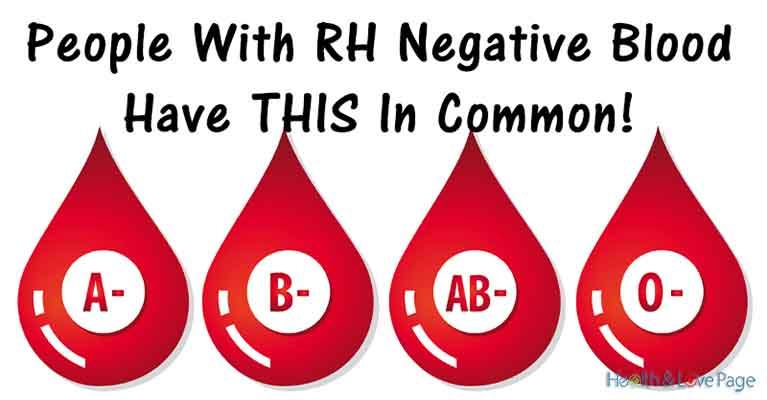
Sensitisation occurs when the mother is exposed to RhD positive blood for the first time and develops an immune response to it.ĭuring the immune response, the woman's body recognises that the RhD positive blood cells are foreign and creates antibodies to destroy them. SensitisationĪn RhD positive baby will only have rhesus disease if their RhD negative mother has been sensitised to RhD positive blood. If the father only has one copy of the RhD antigen, there's a 50% chance of the baby being RhD positive. If the father has two copies of the RhD antigen, every baby will have RhD positive blood. You'll only have RhD negative blood if you don't inherit any copies of the RhD antigen from your parents.Ī woman with RhD negative blood can have an RhD positive baby if her partner's blood type is RhD positive. Whether you're RhD positive or negative depends on how many copies of the RhD antigen you've inherited. You can inherit one copy of the RhD antigen from your mother or father, a copy from both of them, or none at all. Your blood type depends on the genes you inherit from your parents. In the UK, around 85% of the population are RhD positive. People who have the RhD antigen are RhD positive, and those without it are RhD negative. Whether someone is RhD positive or RhD negative is determined by the presence of the rhesus D (RhD) antigen. This is a molecule found on the surface of red blood cells. Each of these blood groups can either be RhD positive or negative. There are several different types of human blood, known as blood groups, with the 4 main ones being A, B, AB and O.

mother has previously been exposed to RhD positive blood and has developed an immune response to it (known as sensitisation).


baby has a rhesus positive (RhD positive) blood type.mother has a rhesus negative (RhD negative) blood type.It can only occur where all of the following happen, where the: Rhesus disease is caused by a specific mix of blood types between a pregnant mother and her unborn baby.


 0 kommentar(er)
0 kommentar(er)
